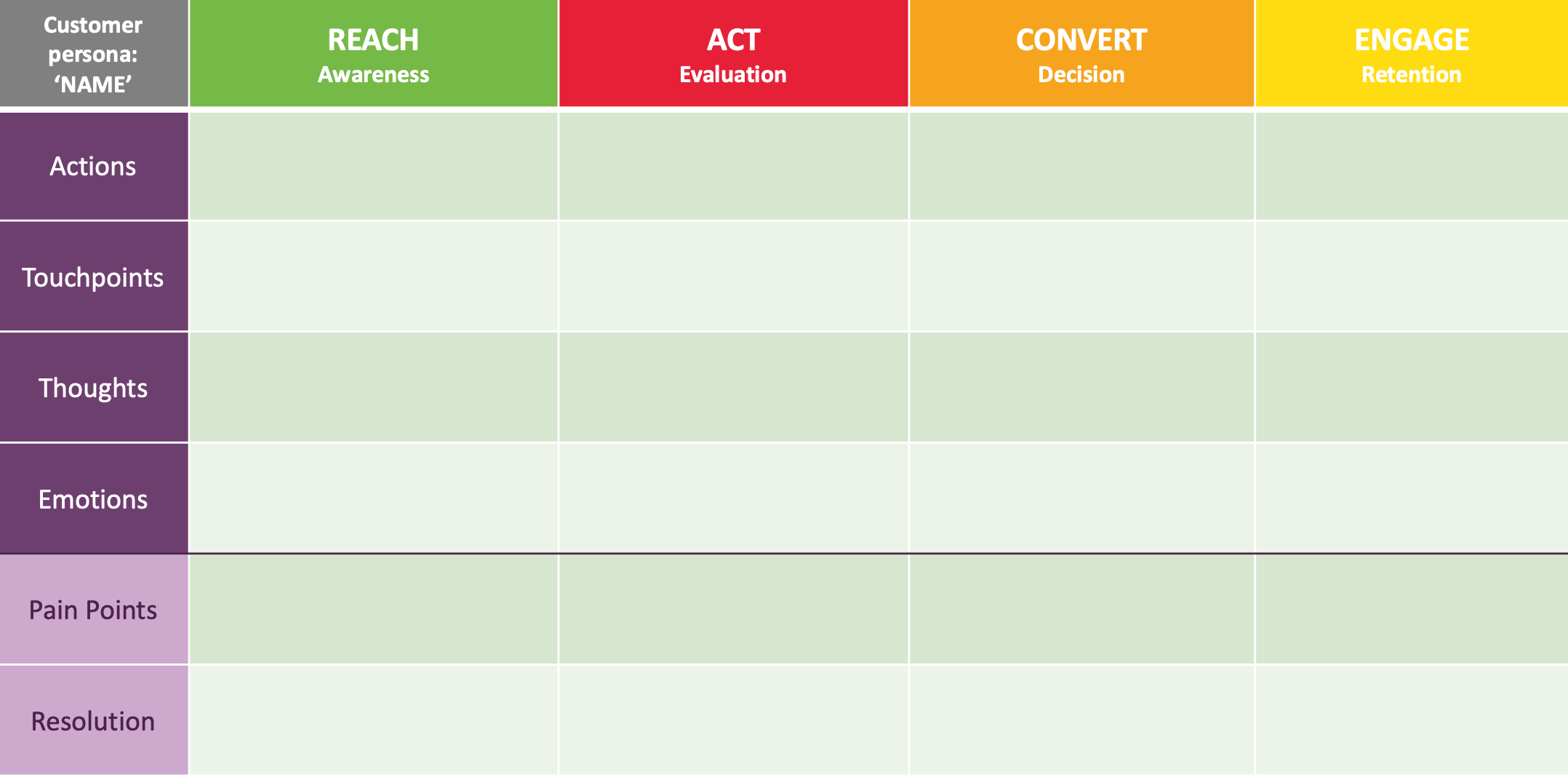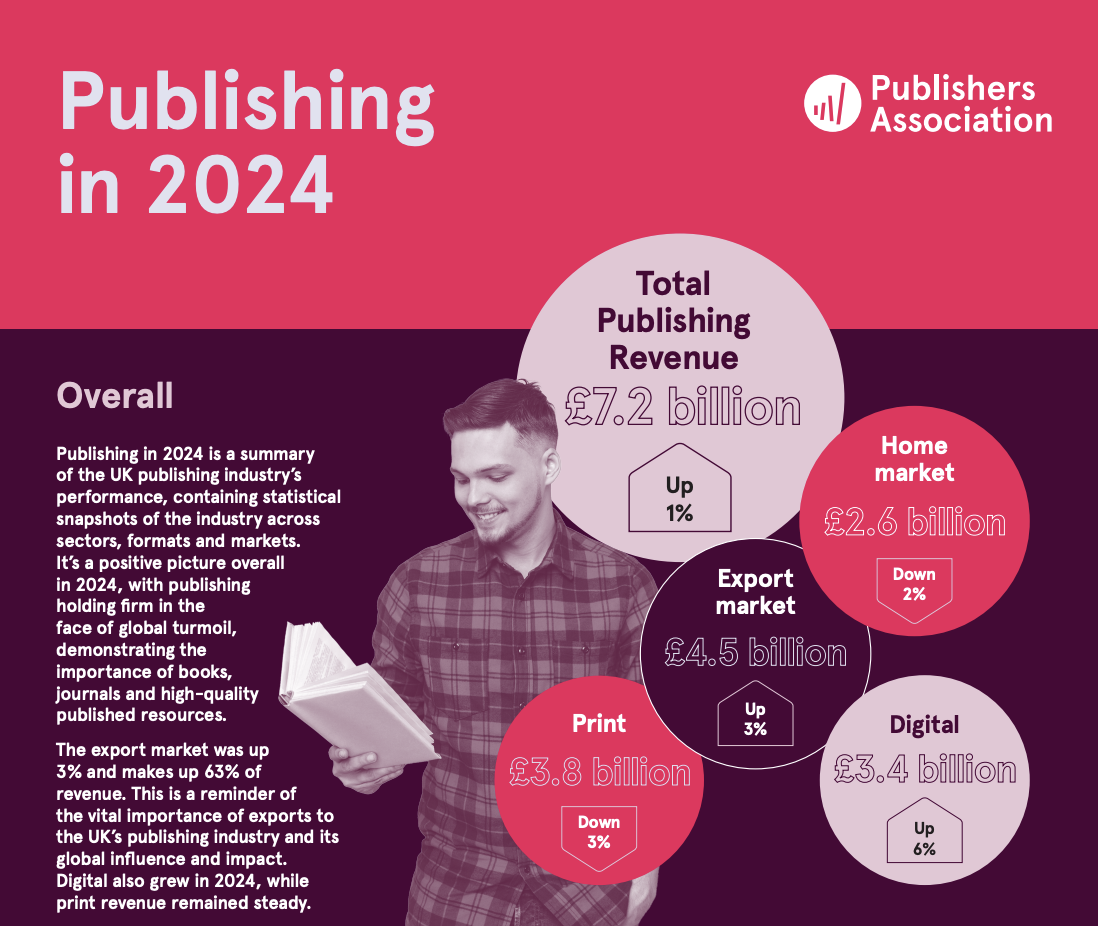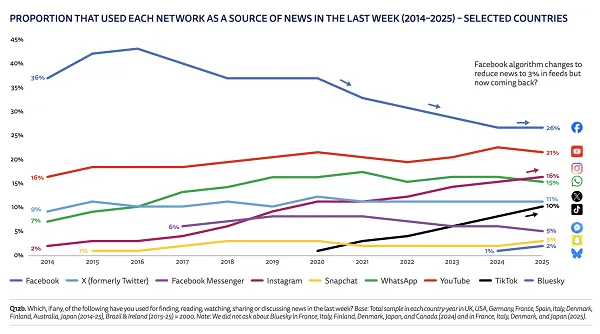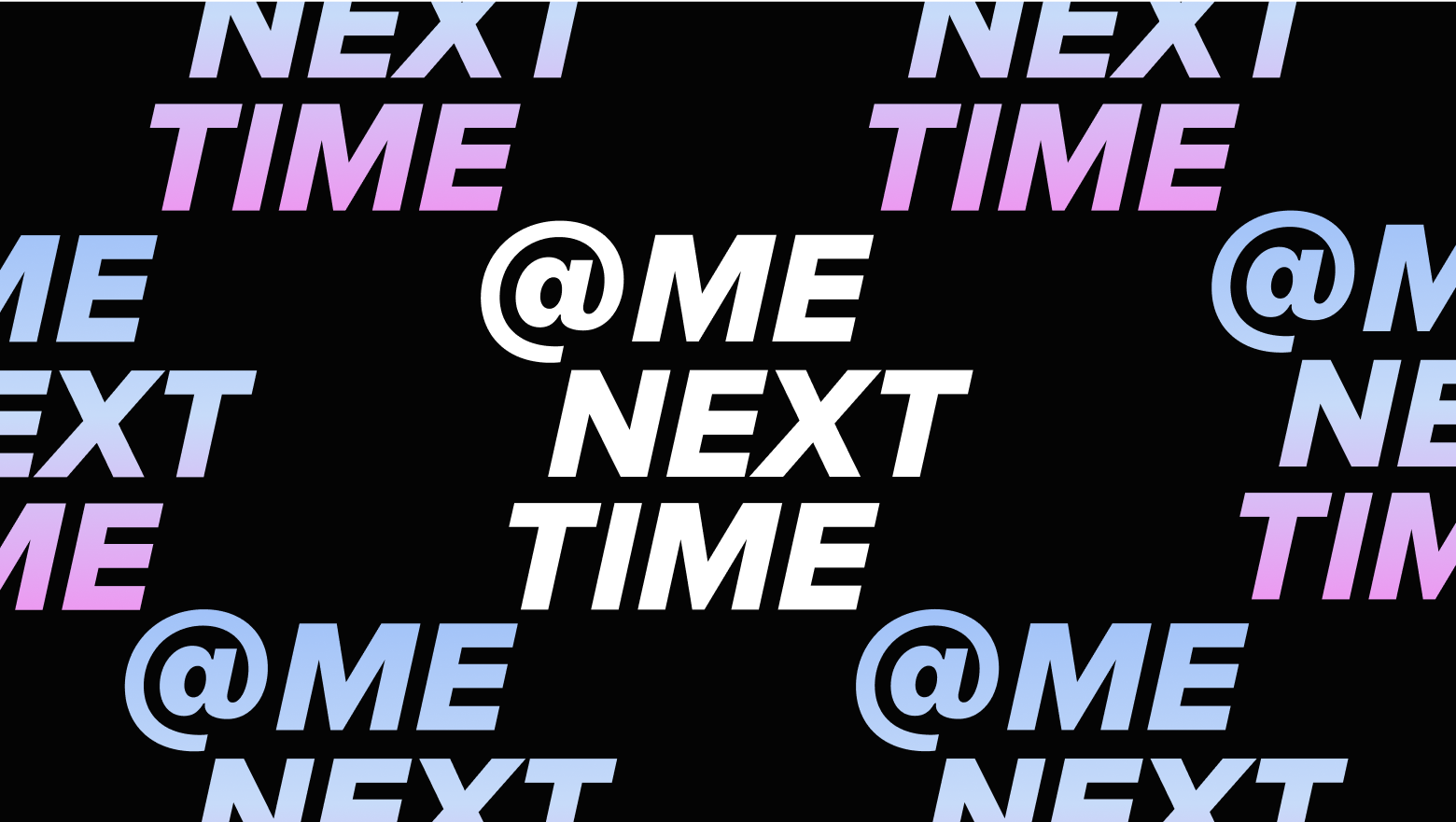Juneteenth and the Role of Communications: Truth, Equity and Influence
Each year, Juneteenth calls us to remember the moment when the last enslaved Black Americans in Galveston, Texas were informed of their freedom. For many in the Black community, it is a celebration, a remembrance and a reckoning. For communicators, it is also a mirror: reflecting how stories are told, withheld, distorted or erased. As […] The post Juneteenth and the Role of Communications: Truth, Equity and Influence first appeared on PRsay.

Each year, Juneteenth calls us to remember the moment when the last enslaved Black Americans in Galveston, Texas were informed of their freedom. For many in the Black community, it is a celebration, a remembrance and a reckoning. For communicators, it is also a mirror: reflecting how stories are told, withheld, distorted or erased.
As communications professionals, we are storytellers. But what happens when freedom is slow to arrive, and justice takes generations to be recognized? Juneteenth is a powerful reminder that truth delayed is not truth denied, and that our work must continue until equity is not just spoken, but lived.
For Kenrick Thomas, 2025 co-vice chair of PRSA’s DEI Committee, Juneteenth represents the endurance that still defines Black culture:
“Juneteenth is extremely important in Black American history. It’s an example of hard work, determination, faith and hope that’s still deeply rooted in the culture. It reminds me that we’re not quite there, but progress is taking place.”
Progress and pain are often intertwined in Black American narratives. Judy Jackson, founder of JLC Ventures, shares how Juneteenth remains emotionally layered:
“Candidly, Juneteenth is complicated for me. It marks the end of slavery, but also reminds me that freedom was delayed, resisted and hard-won. I honor my ancestors — who endured, dreamed and loved through pain — and the legacy of strength and excellence they passed on for generations to come.”
That tension — between celebration and reckoning — sits at the heart of how many Black professionals experience Juneteenth. Cheryl Overton, founder and CXO of Cheryl Overton Communications, calls it a time of both joy and sobering truth:
“It’s a bittersweet ‘holiday’ for me. While it’s important to uphold the significance of June 19 to American history, we can’t lose sight of the Black Texans who were enslaved much longer than others across the country. Now more than ever, we must reject performative gestures and use the occasion to reflect, restore and recommit to the work that remains.”
That recommitment must move beyond symbolism. It demands ongoing, intentional action. As Thomas Bennett, senior vice president at FleishmanHillard and 2025 president of the PRSA Foundation, affirms:
“Supporting the Black community goes way beyond commemorating Juneteenth. It requires an ongoing commitment to addressing systemic inequalities and fostering an inclusive environment where everyone believes and feels they can succeed. We should leverage this moment to reaffirm our commitment to equity, inclusion and belonging (as Ms. Opal Lee has modeled), to ensure our actions reflect our values and pave the way of consistent and lasting change in the Black community with support from allies.”
Juneteenth also offers a unique opportunity to audit our impact—not just on behalf of brands and organizations, but internally, within our teams and ourselves. Myron King, former VML/WPP executive and industry board adviser, frames the holiday as a checkpoint:
“Treat the holiday as a mid-year checkpoint to evaluate your impact and influence — at work (professionally), on the work (strategically) and within the work (creatively). Because two things are certain: Our industry’s continued transformation depends on us, and without our voices, history will repeat itself.”
That responsibility resonates deeply for Derick Hackett, senior public information specialist at the Austin Convention Center:
“As a graduate of an HBCU (Southern University) with family ties to Tuskegee University, I carry the legacy of those who fought for freedom, education, and dignity against all odds. Juneteenth marks the delayed liberation of enslaved people and the delay of justice. It also stands as a symbol of resilience and the ongoing fight for equality. As a communicator, this reminds me to value knowledge, honor the truth and the responsibility of sharing information.”
Truth and storytelling are at the core of our craft. But Juneteenth reminds us that not all stories have been told with equity, care or inclusion. Cameron French, executive vice president at SKDK, invites us to hold space for the full complexity of the Black American experience:
“Juneteenth is a celebration of duality; where for every moment of exuberance and triumph, we are reminded of what was endured to reach today — and the long-lasting effects still present today. We celebrate Black excellence and joy in the face of generational trauma and oppression and use this opportunity to look squarely in the mirror. To examine our history and our present, committing to a more just future.”
That mirror reflects not only where we’ve been, but where we’re going. Shakira Monet Johnson, founder and chief impact officer at Maple & Monroe, calls on all communicators to move beyond intent and into impact:
“Juneteenth is a time to honor the resilience of Black Americans while recognizing the systems that still need to be dismantled. As communicators, we have a responsibility to ensure that campaigns, products and messaging do not just perform allyship, but embody equity and truth.”
This Juneteenth, PRSA’s Black Voices Affinity Group reminds us to honor the legacy of those who endured and the voices who continue to rise. Let’s keep building a communications industry where equity is not just acknowledged during heritage months, but embedded in the work we create, the teams we lead and the communities we serve every day.
Illustration credit: mh
The post Juneteenth and the Role of Communications: Truth, Equity and Influence first appeared on PRsay.



.png)
























![How To Drive More Conversions With Fewer Clicks [MozCon 2025 Speaker Series]](https://moz.com/images/blog/banners/Mozcon2025_SpeakerBlogHeader_1180x400_RebeccaJackson_London.png?auto=compress,format&fit=crop&dm=1750097440&s=282171eb79ac511caa72821d69580a6e#)

![Brand and SEO Sitting on a Tree: K-I-S-S-I-N-G [Mozcon 2025 Speaker Series]](https://moz.com/images/blog/banners/Mozcon2025_SpeakerBlogHeader_1180x400_LidiaInfante_London.png?auto=compress,format&fit=crop&dm=1749465874&s=56275e60eb1f4363767c42d318c4ef4a#)





















![The 11 Best Landing Page Builder Software Tools [2025]](https://www.growthmarketingpro.com/wp-content/uploads/2024/04/best-landing-page-software-hero-image-1024x618.png?#)






































![How to Create an SEO Forecast [Free Template Included] — Whiteboard Friday](https://moz.com/images/blog/banners/WBF-SEOForecasting-Blog_Header.png?auto=compress,format&fit=crop&dm=1694010279&s=318ed1d453ed4f230e8e4b50ecee5417#)
![How To Build AI Tools To Automate Your SEO Workflows [MozCon 2025 Speaker Series]](https://moz.com/images/blog/banners/Mozcon2025_SpeakerBlogHeader_1180x400_Andrew_London-1.png?auto=compress,format&fit=crop&dm=1749642474&s=7897686f91f4e22a1f5191ea07414026#)

![AIO Hurting Traffic? How To Identify True Loss With GA4, GSC & Rank Tracking [Webinar] via @sejournal, @lorenbaker](https://www.searchenginejournal.com/wp-content/uploads/2025/06/stat-sej-webinar-june-2025-668.png)








![AI Content Is 4.7x Cheaper Than Human Content [+ New Research Report]](https://ahrefs.com/blog/wp-content/uploads/2025/06/ai-content-is-4.7x-cheaper-than-by-ryan-law-data-studies.jpg)















![Brand pitch guide for creators [deck and email templates]](https://blog.hootsuite.com/wp-content/uploads/2022/06/brand-pitch-template.png)























